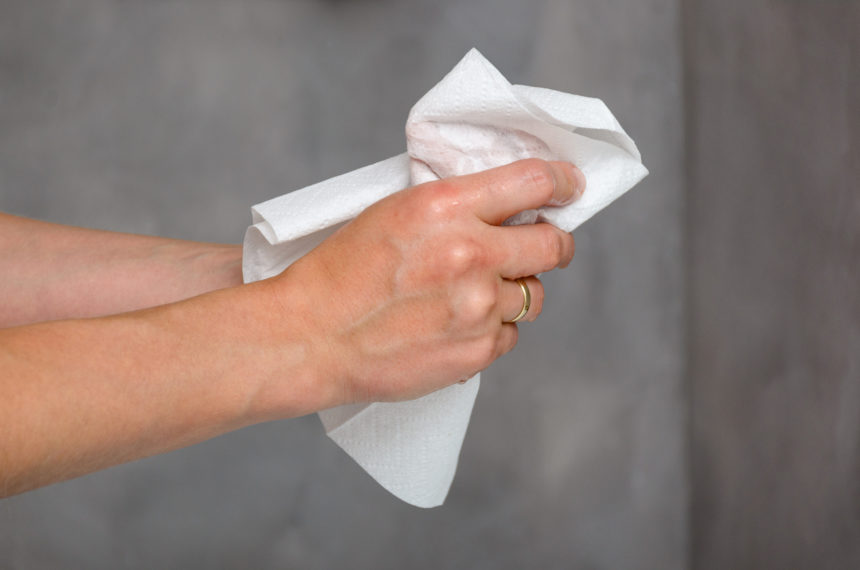
When it comes to hand hygiene, proper hand drying plays a critical — and often dangerously overlooked — role in preventing the spread of viruses and bacteria, investigators say.
In a review of hand-drying studies, professor John Gammon and Julian Hunt, PhD, found that ineffective hand drying can result in increased potential for cross-infection, occupational contact dermatitis for healthcare practitioners, harm to patients and environmental contamination.
Hand drying not only removes moisture, but uses friction, further reducing the number of hand-borne microbes and the likelihood of environmental transfer, the researchers explained in an article published in The Conversation.
How hands are dried also matters, they found. While it’s important to ensure hands are dry no matter the method used, disposable paper towels have been recognized as the most effective way of removing residual moisture that may allow for the transmission of microorganisms, they wrote.
“The efficacy of hand drying is a critical factor in the prevention of the transfer of microorganisms to the environment, and from person to person following hand washing,” the authors concluded.
Hand hygiene tops the list of basic coronavirus protective measures advised by the World Health Organization.




